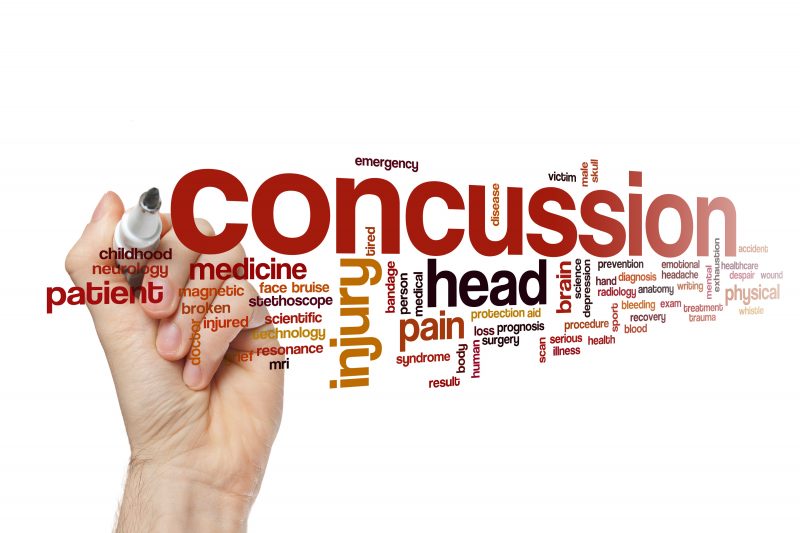If you or someone you know has suffered a head injury, you know that can result in serious consequences. Even minor head injuries can traumatize the brain resulting in the loss of mental/physical function and significantly diminishing the victim’s quality of life.
Given the far reaching effects associated with head injury, it is always better to be cautious in terms of resolving any related insurance claims.
As you may be aware, I am a personal injury lawyer who concentrates in handling head and brain injury claims. My law partner and I (it often takes 2 lawyers to represent a brain injury victim) have handled a wide variety of head injury claims ranging from the catastrophic brain injury involving life-long damages and millions of dollars in damages to the minor traumatic brain injury often resulting in concussion after a car accident. In either case, these type of cases are often settled for far less than what represents a fair and full settlement.
Without getting into too much of the complexities, a fair settlements of head injury claims must include a full accounting of the non-economic damages. Each case is special, but I categorize the “non-economic damages into the following categories:
Loss of health
Loss of cognition/communication
Loss of quality of life
Based on the head injury cases I have handled over the past 25 years, below is some brief explanation on recovery for each of these different types of damages.
Regarding loss of health, a personal injury lawyer must take into account the past and continuing physical problems caused by the head injury. This includes headaches, dizziness, neck pain, sensitivity to light/noise, vision/hearing loss, impaired coordination/balance, fatigue, etc.
Loss of cognition/communication are past and continuing damages related to memory loss, slurred speech, concentration/focus difficulties, confusion, slowed thinking, impaired judgment, etc.
Loss of quality of life is possibly the most important line item of damage, especially in a younger victim. Many times it is hard for a person with a head injury to be specific about their deficits, but there is no doubt that they demonstrate a loss of quality of life. Evidence of this loss of quality of life includes mood swings, depression, withdrawal, restlessness, agitation, lack of motivation, poor impulse control, frustration, overload, anger outbursts, etc.




